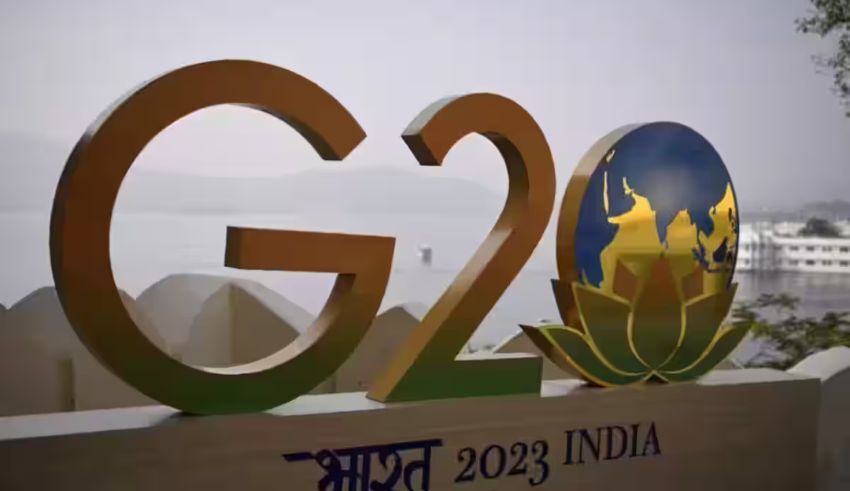
The annual G20 conference is crucial for resolving global economic issues and promoting collaboration among the major economies of the world in our increasingly interconnected world. However, given that China’s President Xi Jinping elected to miss the summit, there will be much unrest and doubts about the bloc’s continued importance at this year’s event in New Delhi, India.
The original purpose of the Group of 20 (G20) was to enhance global economic management and collaboration amid the 2008 financial crisis. However, reaching an agreement among its members has become increasingly challenging in recent years, endangering the effectiveness of the group.
The absence of China’s President Xi Jinping, one of the world’s most influential leaders, casts a shadow over the summit. Although no official explanation for Xi’s absence was given, tensions between China and India over a border dispute and other controversial topics could have been a factor. Another thing to take into account is China’s efforts to restructure international organizations like the G20 to better suit its interests. However, the Chinese Prime Minister, Li Qiang, is here to grace the event with a view to engage in formal talks with the Indian Prime Minister.
Antonio Guterres, the secretary-general of the United Nations, expressed his worries, emphasizing how continuous disagreements among the G20 countries risk escalating tensions and undermining public confidence. If we are one global family, Guterres warned, “we currently resemble a rather dysfunctional one.”
The Indian government put a lot of work into getting ready for the summit because it wanted to demonstrate the country’s status and diplomatic influence. To improve his image as a statesman ahead of an upcoming election, Prime Minister Narendra Modi took the front stage during the event, placing his picture all across the capital on posters and billboards.
Keep Reading
Despite the difficulties, Modi seems set to achieve a diplomatic victory by gaining support for turning the G20 into a “G21,” with the African Union included as a permanent member—an invitation that may come to pass during the summit.
However, there are little signs of development regarding the crucial subject of Ukraine. Any coordinated effort is hampered by Russia’s absence, which is caused by international criticism and war crimes accusations. Moscow keeps putting pressure on its partners to downplay condemnation of its invasion of Ukraine, which poses a significant barrier to coordinated G20 action.
In conclusion, the G20 meeting in New Delhi confronts significant challenges as a result of China’s absence and existing member disagreements. The entire world keeps a careful eye on how leaders handle these difficulties in the hope that significant solutions will still be found at this crucial meeting.




